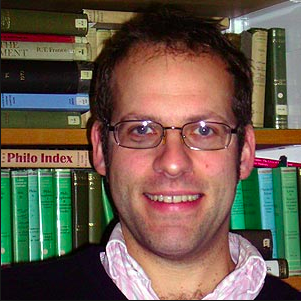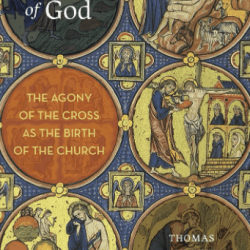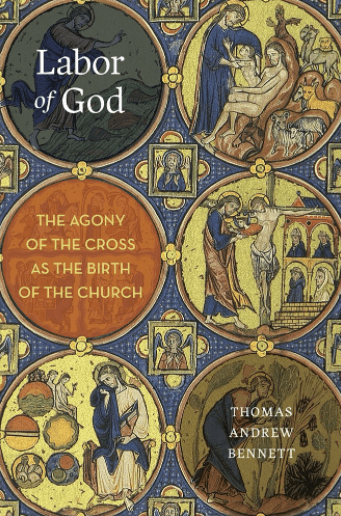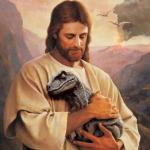Think about it, the two Big Ones in the church, baptism and eucharist, are participations and witnesses to the death of Jesus. Mike Bird is right, then, when he says “the first Christians preached, remembered, and ordered their lives around the story of the cross” (Evangelical Theology, 385). But how to understand that cross? How to understand atonement theology?
Begin with Chrysostom, who gives full scope:
For the cross destroyed the enmity of God towards man,
brought about the reconciliation,
made the earth Heaven,
associated men/humans with angels,
pulled down the citadel of death,
unstrung the force of the devil,
extinguished the power of sin,
delivered the world from error,
brought back the truth,
expelled the demons,
destroyed temples,
overturned altars,
suppressed the sacrificial offering,
implanted virtue,
founded the chruches.
That’s a mesmerizing list. He notes Luther’s theology of glory vs. the theology of the cross, and then slides into some hard remarks about Protestant liberalism, including evacuating the cross of objective achievement and seeing it at times a “sincere suicide” (386). The Neo-orthodox made the cross theocentric (and not subjective). Evangelicals, too, who join with the Neo-orthodox in developing themes in the earliest churches.
Instead of theory, model or metaphor, Bird prefers “mode” — which as far as I’m concerned escapes none of the problems of the other terms and probably complicates understanding. No matter.
He sketches these theories: recapitulation, ransom, Christus Victor, satisfaction, moral influence, exemplary, government (the most neglected theory of all), and penal substitution.
Which is the central “image” (now he uses “image” and not “mode” but his chart uses “models”)? Bird thinks it is Christus Victor. In my A Community called Atonement, I argued for “identification for incorporation” (he became what we are to make us what God wanted to make of us), which was my sluggish expression to comprehend the fullness of the early patristic, recapitulation plus theory, and I would argue atonement theology begins with Passover and ransom themes. So I like his Christus Victor centrality, which is that early Christian theory.
Bird might have brought incarnation more into his Christus Victor theory, for becoming what we are is crucial to this theory. And there’s not quite enough of the story of Israel (gospel-ish) stuff in Bird’s own Christus Victor theory.














